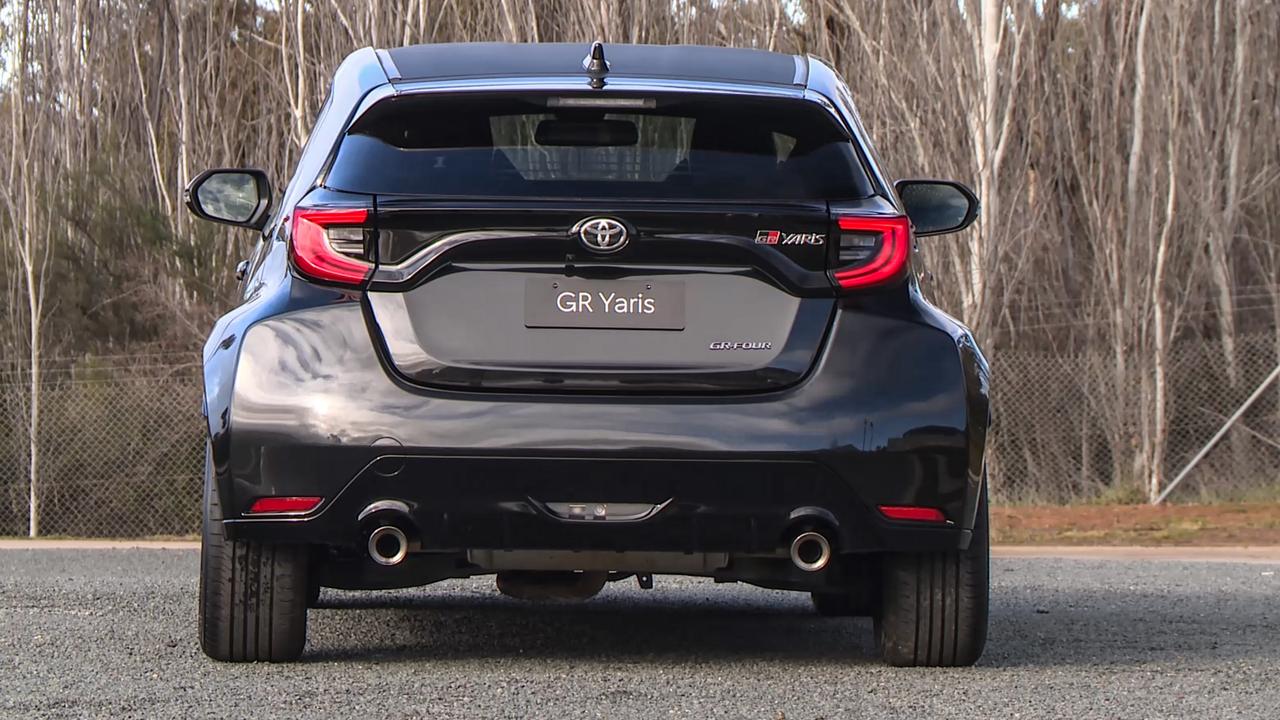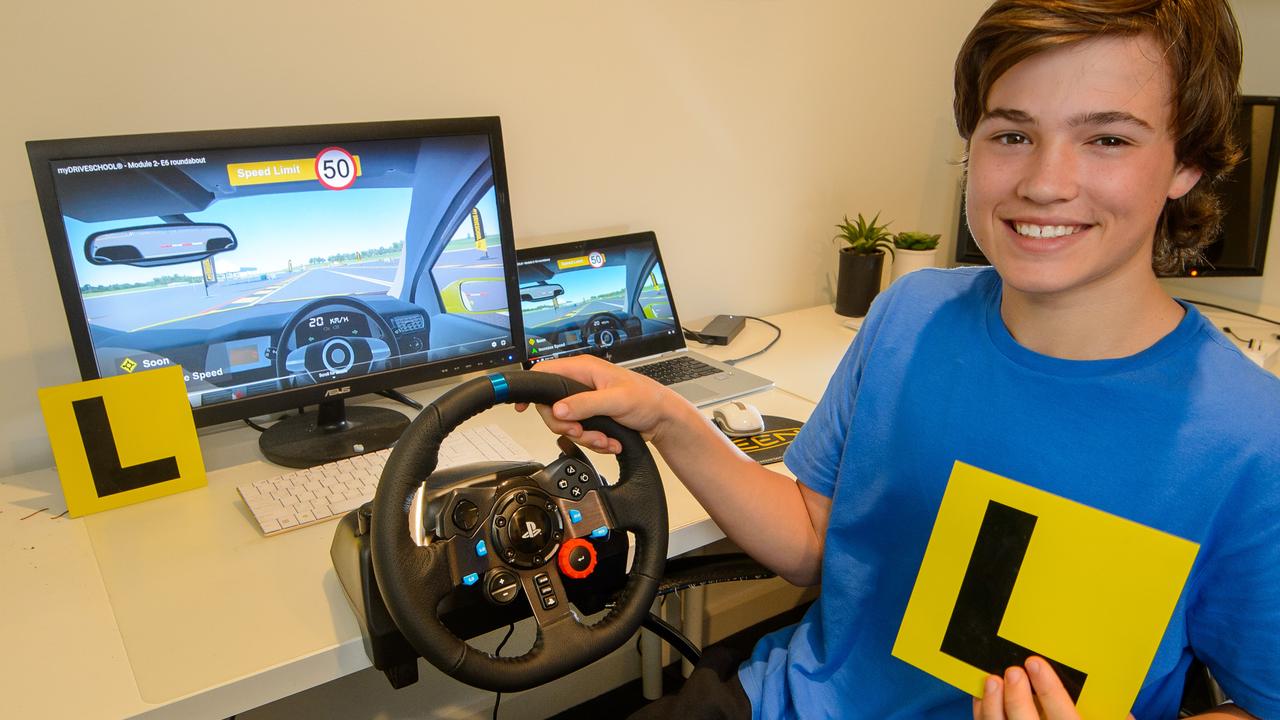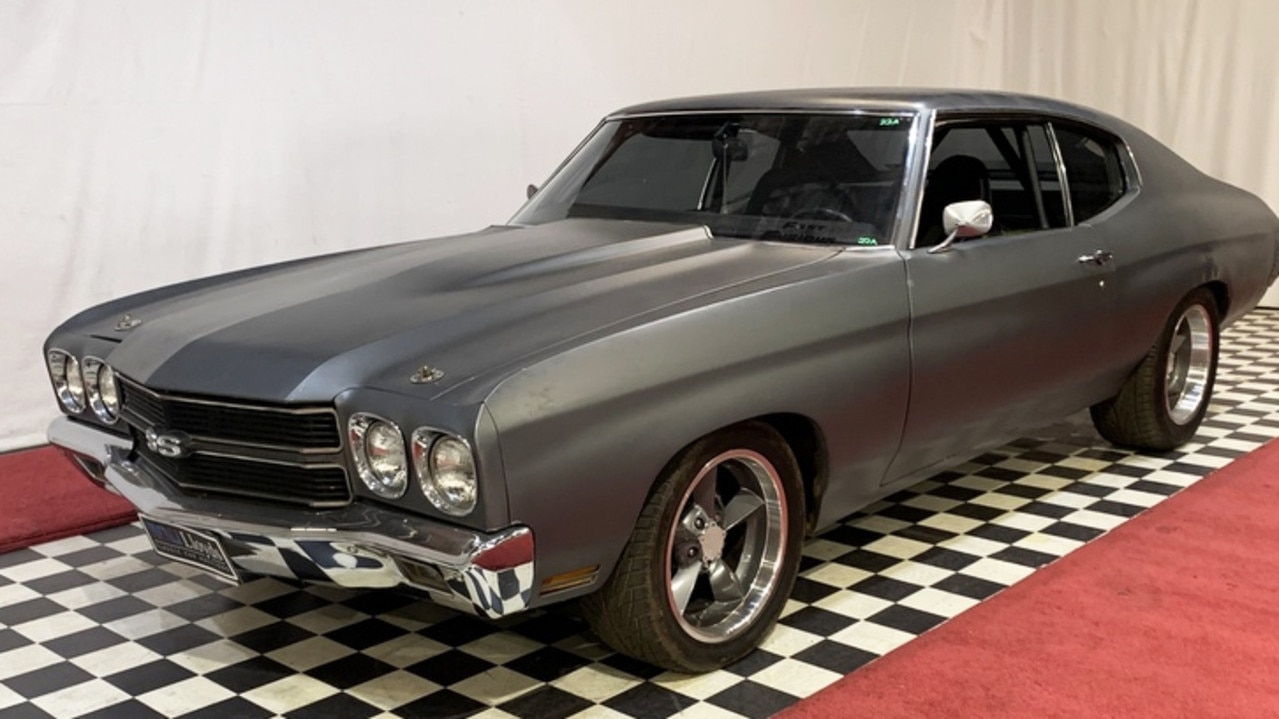Australia’s shocking car buying intentions revealed
A NEW survey finds out what type of cars Australians will buy in the future.

WHY are you — or why aren’t you — thinking about buying an electric car?
Motorists stung by high fuel prices and offended by diesel fumes are increasingly contemplating a shock solution as they drive towards a lower-emissions future.
A Roy Morgan survey asked more than 37,000 drivers if they would seriously consider buying a car that used alternative fuel — and more than half said they would seriously consider a hybrid vehicle.
Tesla’s growing exposure is starting to influence buyers’ attitudes. In the past 12 months, interest in fully electric cars has increased significantly on the back of the American upstart’s headline grabbing boss — now, more than a third of the drivers surveyed had an electric car on the shoppng list.
Australia’s increasing take-up of rooftop solar panels is helping to soften the prospect of electricity bill shock, while making home-charging of an electric car more enticing.
Diesel popularity is choking on its own particulates with the fuel being considered by only 45.5 per cent, down from almost 50 per cent a year ago.
However, it seems that buyers’ good intentions do not translate to purchases.
Petrol and diesel sales have remained steady over the last 12 months while hybrids and electric vehicles still represent a fraction of Australia’s new car sales, according to data from the Federal Chamber of Automotive Industries.
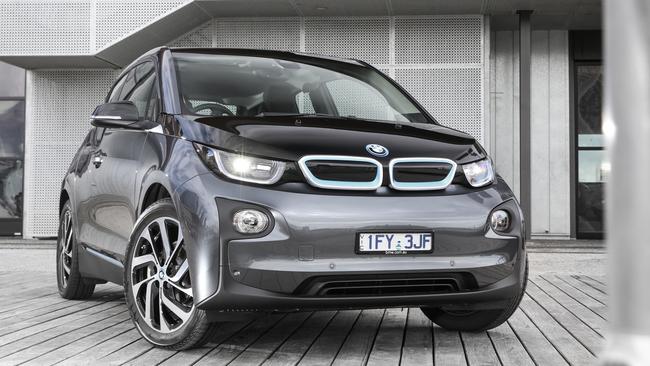
Hybrids and electric cars are not doing huge numbers selling only 6721 and 670 vehicles respectively so far this year — which combined represents only 1.2 per cent of the market.
Petrol and diesel vehicles accounted for about 66 and 33 per cent respectively for the same time period.
“Vehicle purchase intention can be influenced by fuel consideration,” says Roy Morgan’s communications director Norman Morris. “However this is a long-term indicator, and to date, despite their high consideration among adult Australian drivers, both Hybrid and Fully Electric vehicles comprise less than 1 per cent of the vehicle car market. The challenge will be to convert this intention to vehicle sales.”
Sales of electrified vehicles are being held back by a lack of choice — especially in fully electric vehicles — and by high prices.
The research found that higher earners were far more likely to consider an electrified vehicle.
“There are notable demographic differences in who would seriously consider buying hybrid and electric vehicles, with the wealthier consumers more likely to seriously consider them,” says Morris.
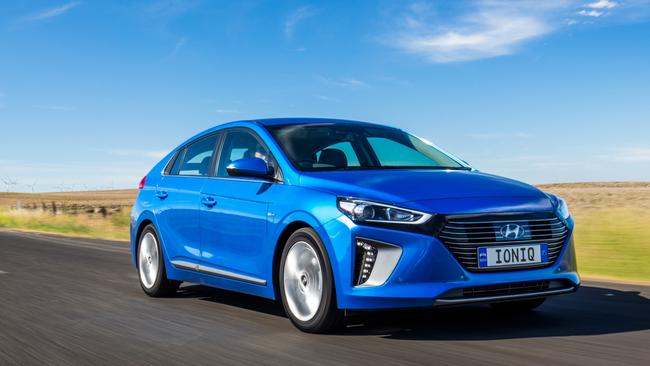
Many car makers are endeavouring to bring more affordable EVs to market — the Tesla Model 3 is the most notable example.
But looking beyond Tesla there are a raft of brands with mainstream models close to production.
Australians are more likely see fully electric vehicles from Volkswagen, Mercedes-Benz and Hyundai before a single Model 3 is delivered. Renault has launched the Zoe electric hatch this week which is Australia’s cheapest EV at $47,490 (before on-road costs).
Tesla has experienced enormous issues bring production of the Model 3 up to speed and a backlog of customers that reportedly stretches into the hundreds of thousands does not bode well for a local launch anytime soon.
Research has shown that buyers consideration can translate in to purchases once the technology becomes more affordable and available.
“The types of vehicles considered by consumers today will likely develop into the types of vehicles they will eventually purchase,” says Morris.


